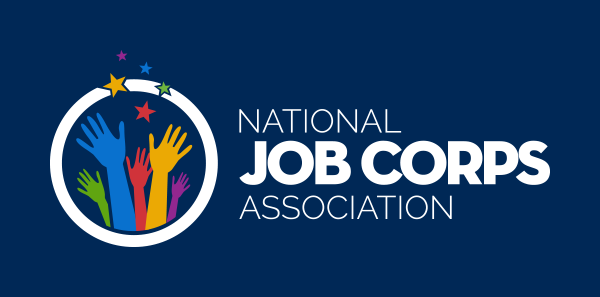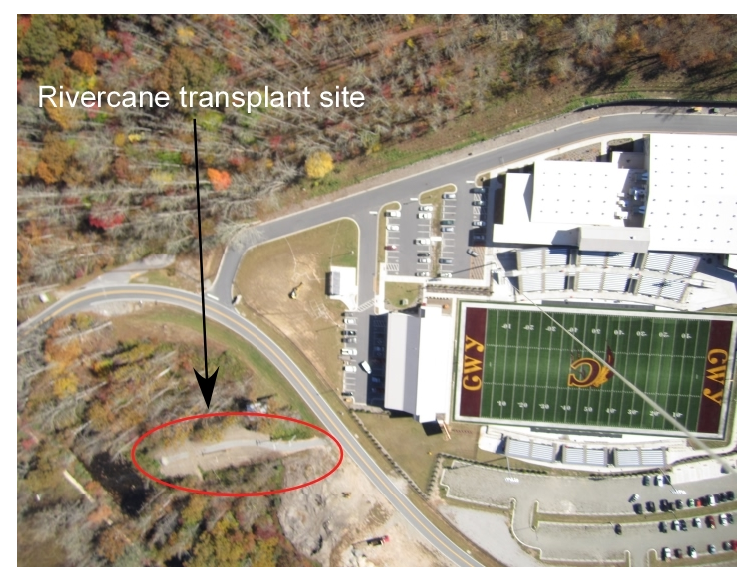What is rivercane exactly? How is it used? Why is it culturally significant to the Eastern Band of Cherokee Indian? These are all questions some of the 15 Oconaluftee Job Corps CCC students had as they volunteered more than 6 hours on a Saturday to help transplant rivercane- adding up to over 90 man-hours of donated labor in conservation efforts.
As the students prepared for a day of muddy work, Adam Griffith, Director of Beachcare.org through the Program for the Study of Developed Shorelines at Western Carolina University, talked the group through those exact questions. He summarized that rivercane is a bamboo native to the United States that has been used for millennia for basketry and other purposes by Native American tribes such as the Choctaw and Cherokee. Recent revitalization of traditional arts and crafts in the Eastern Band of Cherokee Indian (EBCI) has prompted a major research effort at Western Carolina University through the Program for the Study of Developed Shorelines (source WCU website).
The students selected this project as a dorm community service effort and it was well received by all. Student A. Brown recalled “When I was given the task to sign-up myself and fifteen other individuals to aid the project, I had little idea as to how much of an effect I was going to have on the community. Each of us listened intently and within a few moments we were accomplishing the first section- gathering sections, digging out root balls, wrapping, tying, and loading. At the planting site, in less than two hours we had dug out, related, watered, and successfully replanted several bundles of rivercane”.
The project also helped the student body learn and grow together as team. “For a brief moment in time, I saw a team of unified young adults coming together not for themselves, but for a cause much greater than any of us- to help. And for that moment, we were one in our efforts” said Brown.


 JOB CORPS
JOB CORPS 